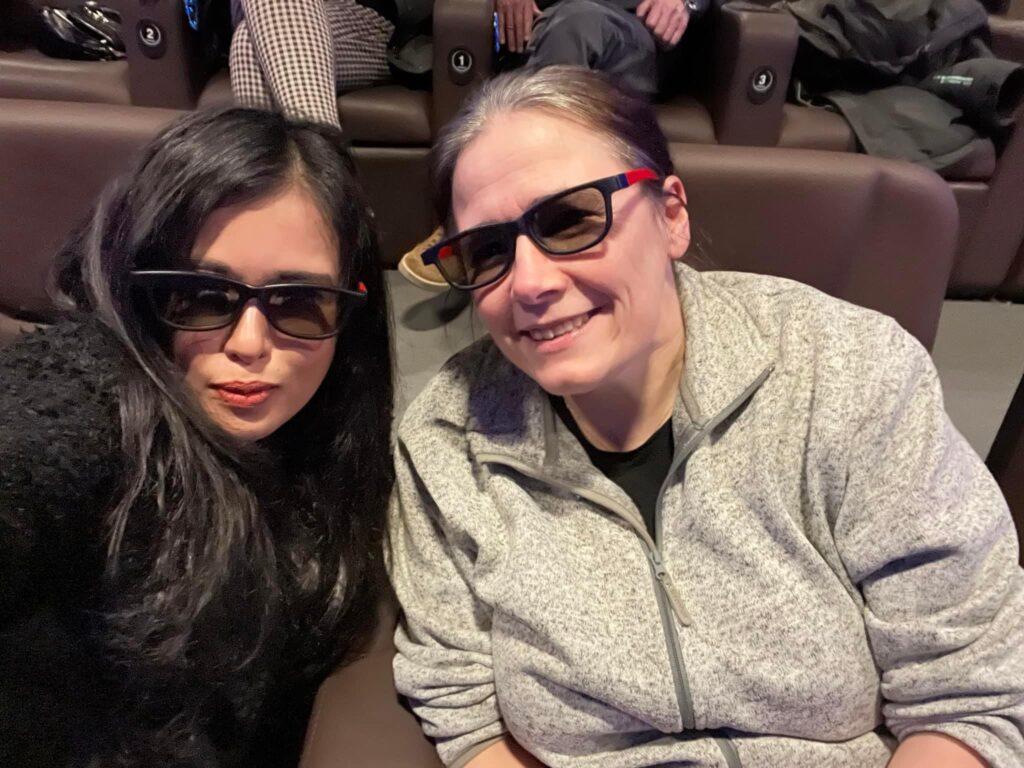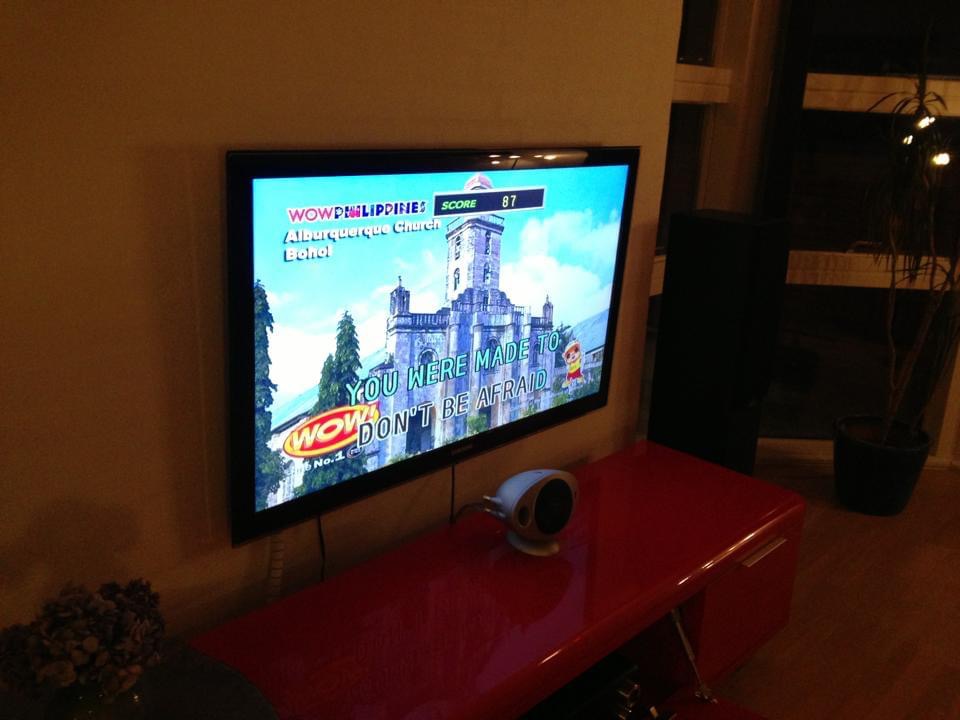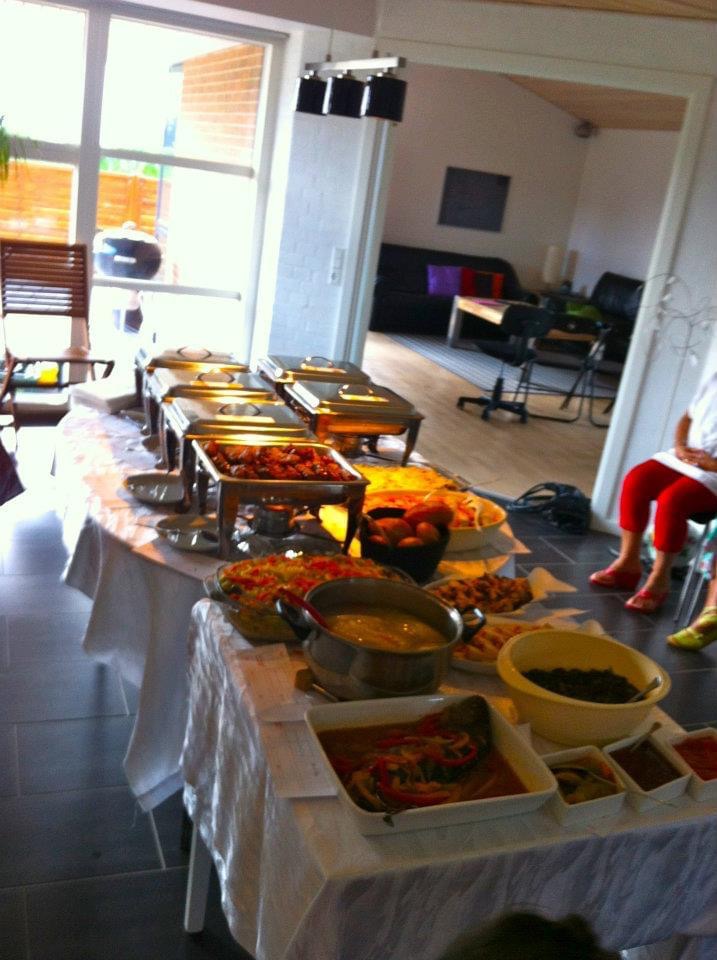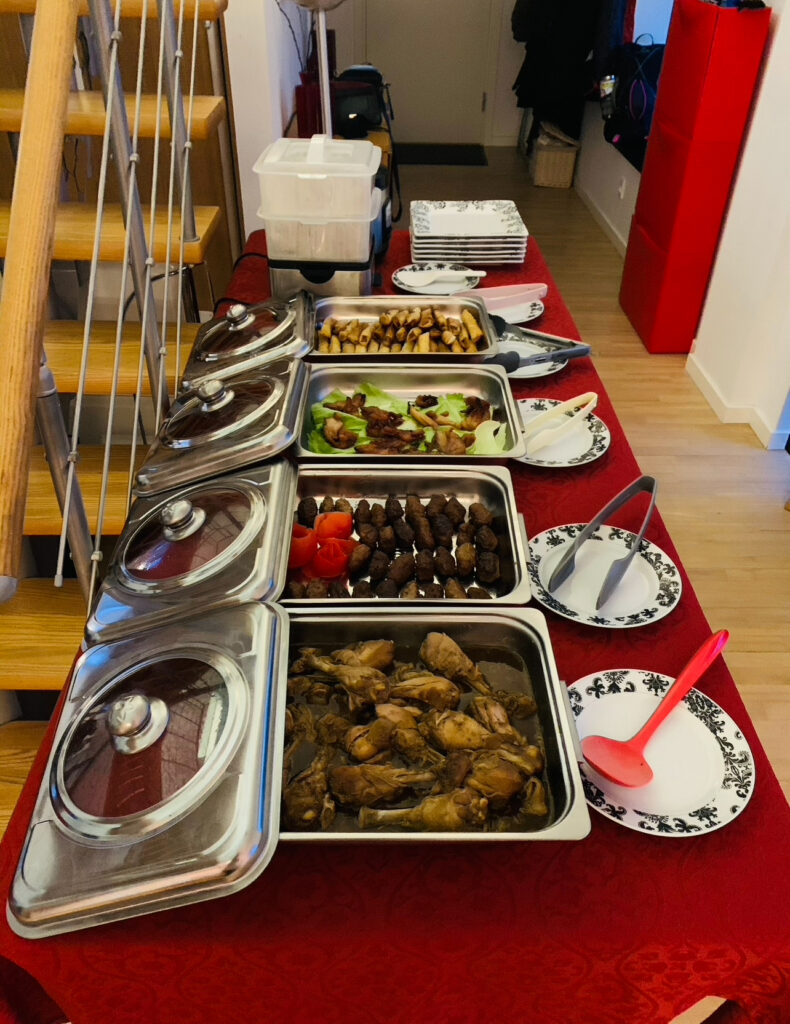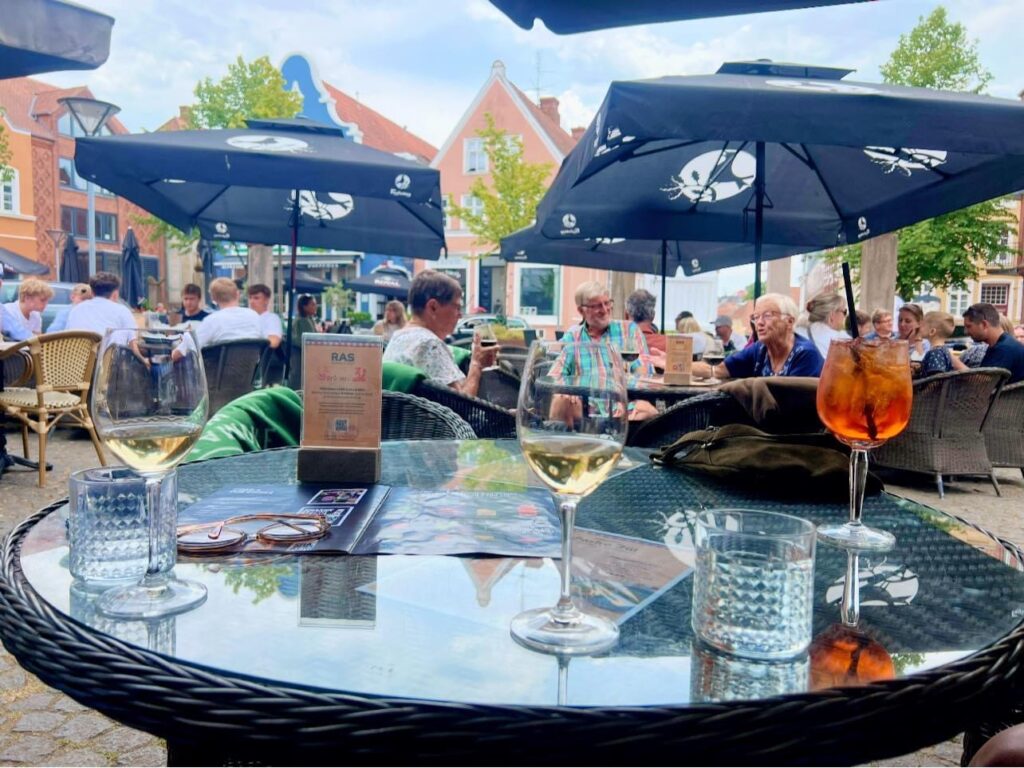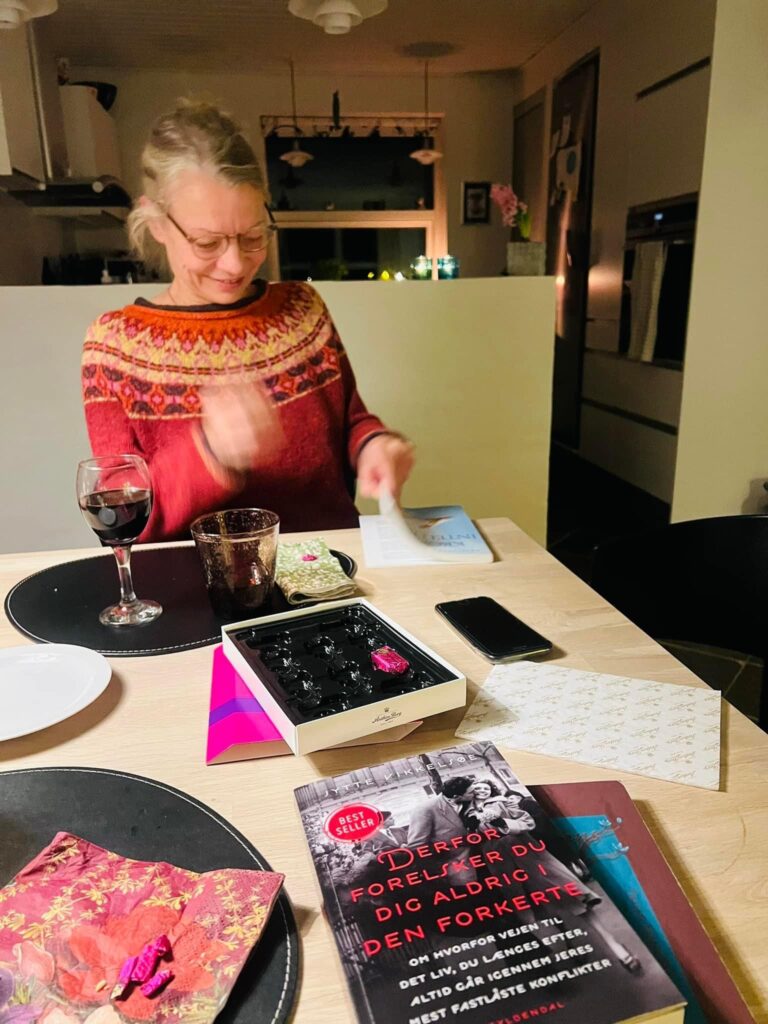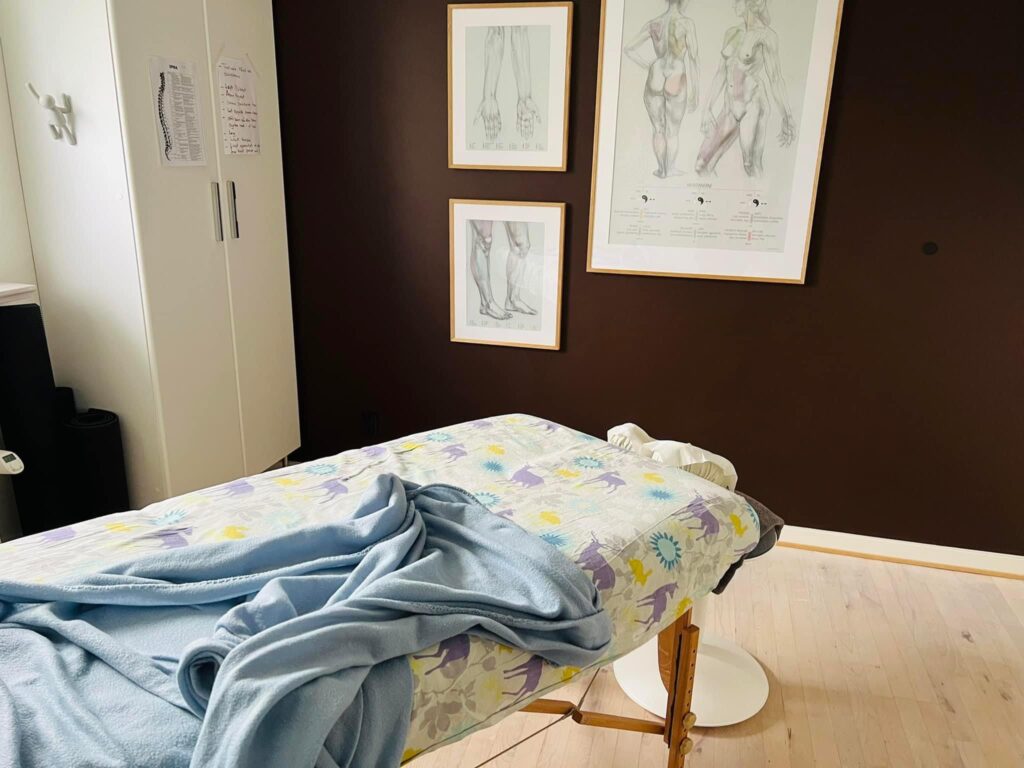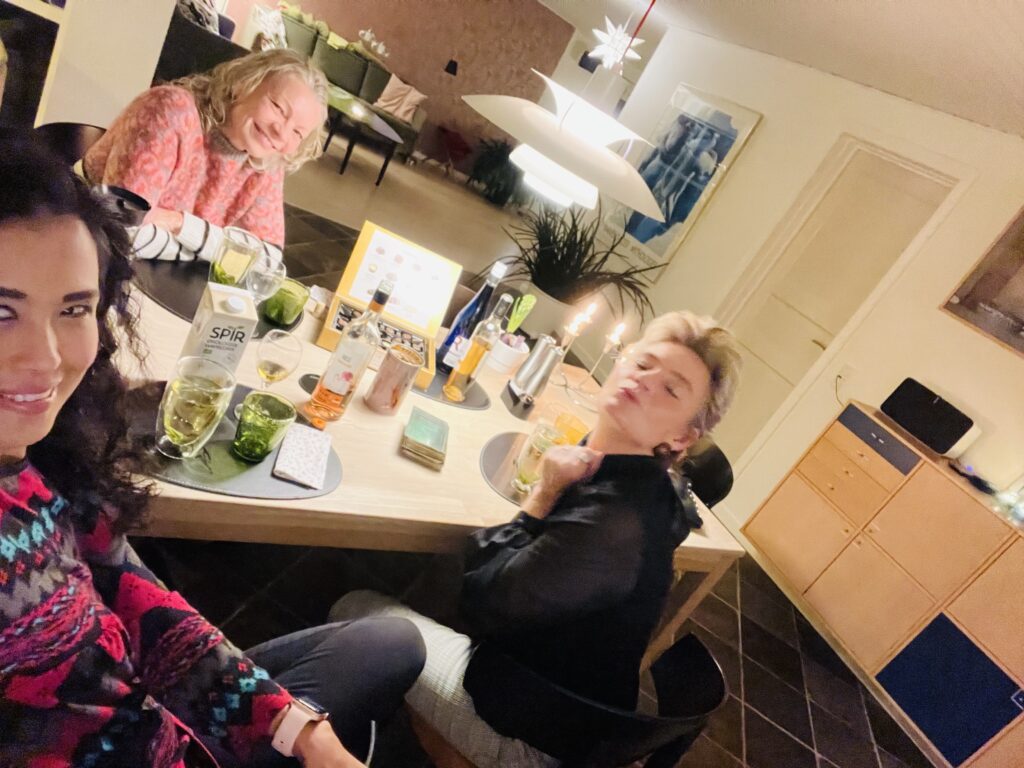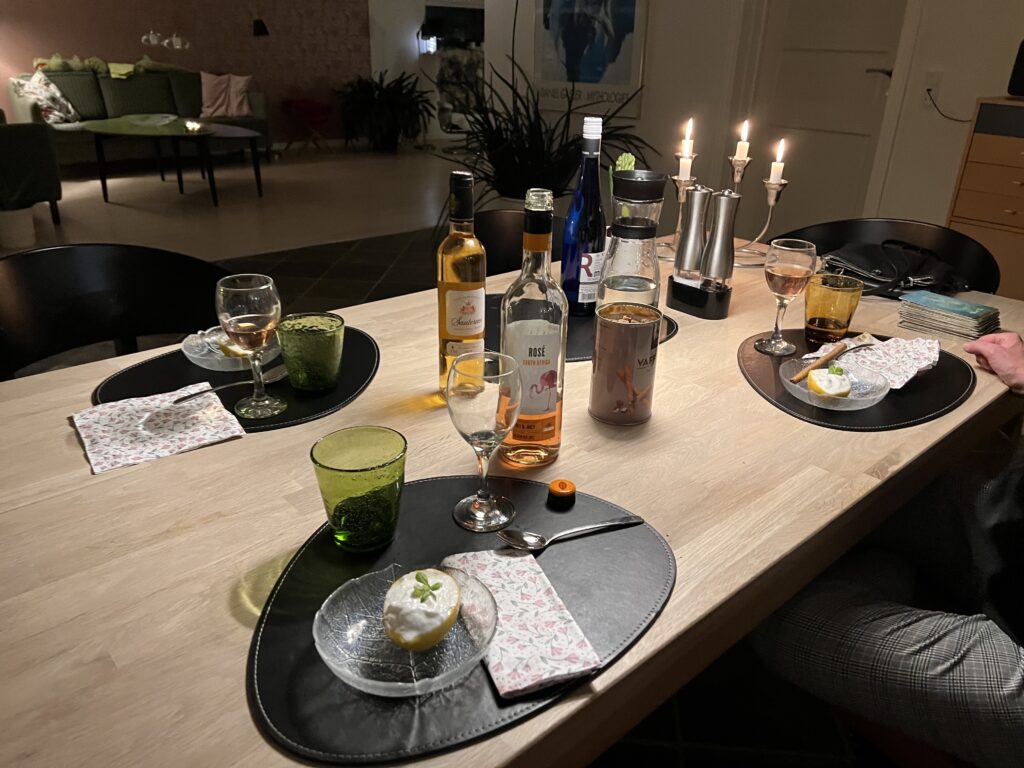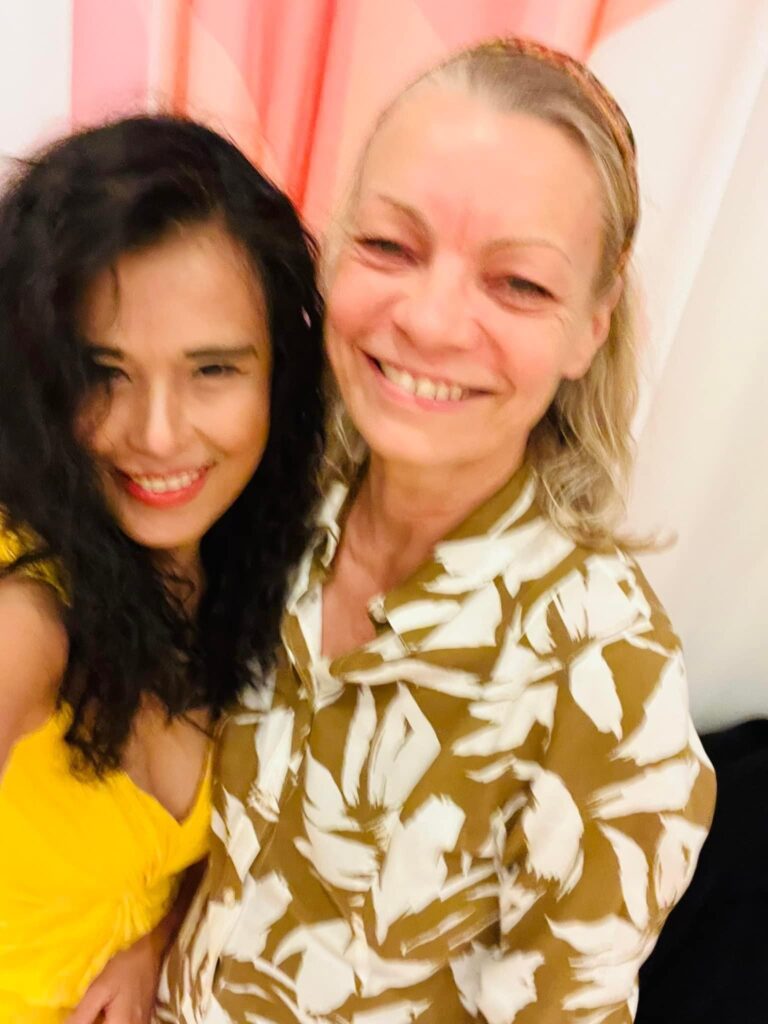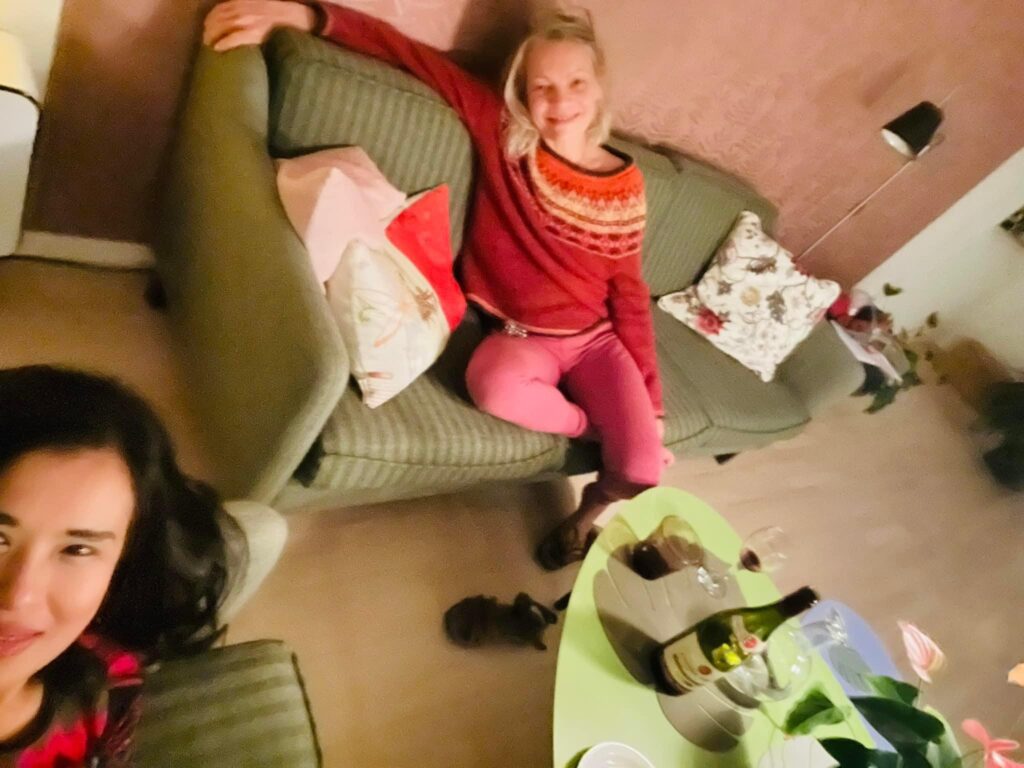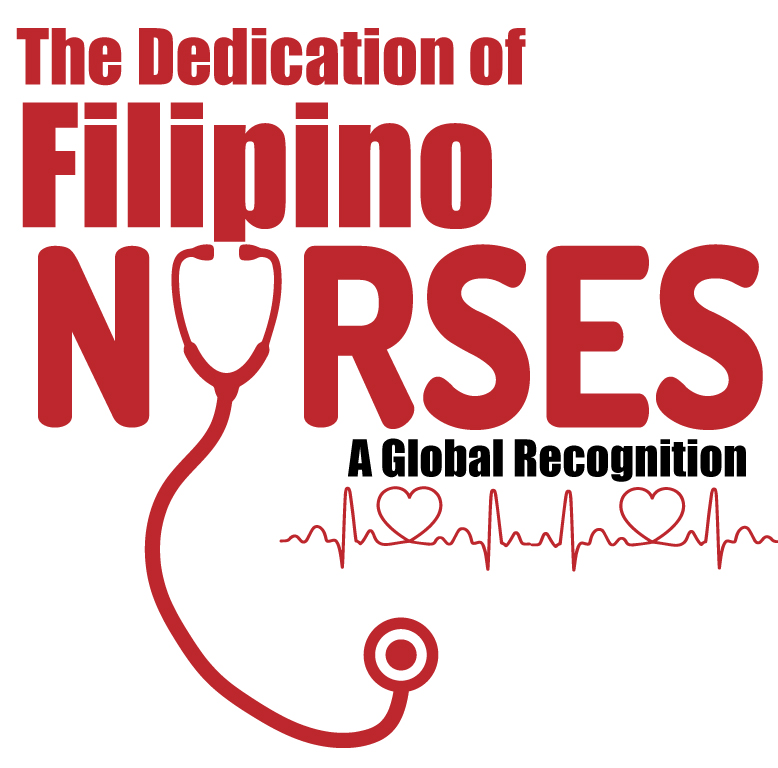
In a recent Danish article exploring the possibility of opening the country’s healthcare system to Filipino nurses, the ensuing debate revealed a spectrum of opinions, from skepticism to derogatory remarks. Despite this, the global reputation of Filipino nurses remains unparalleled, thanks to a remarkable combination of professional skills, cultural values, and unique personal qualities.
Filipino nurses are known for their unwavering flexibility, adapting seamlessly to diverse healthcare settings, cultural nuances, and evolving medical practices. This adaptability makes them sought after worldwide, where healthcare environments vary significantly.
Renowned for their unparalleled work ethic, Filipino nurses are dedicated professionals known for going above and beyond their duties. They embrace long hours with a commitment that extends beyond the call of duty, establishing a reputation for reliability that garners trust and respect from medical institutions globally.
Complementing their professional skills, Filipino nurses bring a distinctive warmth and compassion to their work. This genuine care for patients transcends borders, creating a sense of comfort and reassurance, particularly in demanding healthcare environments where empathy is as crucial as medical expertise.
The Filipino commitment to education is evident in the academic excellence of Filipino nurses. Pursuing advanced degrees and continuous professional development, they stay at the forefront of the latest advancements in the medical field, ensuring they remain highly skilled and knowledgeable healthcare professionals.
Beyond professional skills, cultural values significantly contribute to the impact of Filipino nurses on the global stage. Their immense respect for elders and deep empathy towards the sick shape their approach to patient care, creating a nurturing environment conducive to both physical and emotional healing.
In Filipino culture, respect for elders is ingrained from an early age, seamlessly translating into the healthcare profession. This respect fosters an environment conducive to healing, enhancing the overall patient experience, while their empathetic nature extends beyond clinical routines, creating a supportive atmosphere for patients and their families.
In the face of potential language barriers, Filipino nurses demonstrate their flexibility and optimism, crucial qualities for thriving in diverse healthcare environments. Their swift learning abilities, resilience, and open-mindedness empower them to gracefully overcome linguistic challenges, reflecting a broader adaptability that makes them valuable contributors to multicultural healthcare settings.
While the adaptability of Filipino nurses is commendable, it’s important to acknowledge the challenges posed by language barriers. In a globalized healthcare landscape, the diversity of languages, including Danish in the context of the recent debate, can pose initial hurdles. However, the Filipino spirit of adaptability and determination to communicate effectively in host countries prevails.
Filipino nurses’ quick learning abilities are not only applied to medical knowledge but also extend to acquiring new languages. Their resilience and open-mindedness enable them to navigate linguistic complexities with grace. This willingness to embrace linguistic diversity reflects a broader adaptability that endears them to multicultural healthcare environments.
Challenges also arise for many Filipino nurses living in Denmark who, despite possessing nursing qualifications, face obstacles in having their credentials recognized by the Danish educational system. Consequently, numerous highly qualified Filipino nurses find themselves working in different fields without complaint. If the Danish educational system begins recognizing the Filipino educational system, it could unlock the potential of many Filipinos already proficient in Danish, enabling them to contribute their skills and experience to the nursing profession. This recognition would not only benefit the Filipino community but would also showcase the competence of Filipino nurses to the Danish government and the Danish people.
In addition to overcoming language barriers, Filipino nurses also excel in forming strong interpersonal connections, reflecting their strong sense of community and camaraderie. This extends not only to colleagues but also to patients and their families, creating a supportive extended family within healthcare settings that contributes significantly to overall well-being.
The Filipino concept of “bayanihan,” or communal unity, is evident in the collaborative spirit Filipino nurses bring to their workplaces. Working seamlessly as part of a team, they contribute not only to the efficiency of healthcare delivery but also enhance overall morale within healthcare institutions.
Resilience is another noteworthy quality demonstrated by Filipino nurses in the face of adversity. Whether dealing with challenging medical cases, demanding work schedules, or adapting to new cultural norms, their ability to stay resilient becomes a source of inspiration for colleagues and patients alike, fostering an atmosphere of strength and determination.
In addition to their role in addressing the global shortage of healthcare professionals, Filipino nurses are recognized for their politeness, patience, and consistently positive demeanor. Politeness, deeply ingrained in Filipino culture, translates into respectful and courteous interactions, fostering professionalism and cooperation within healthcare teams.
Patience, a virtue highly valued in healthcare, is a hallmark of Filipino nurses. Their ability to maintain composure in demanding situations ensures that patient care remains a priority, while their positive outlook uplifts spirits and contributes to a harmonious work environment.
Moreover, Filipino nurses express deep gratitude for their profession, reflected in their dedication and the quality of care they provide. This gratitude extends globally, as they embrace opportunities to contribute to healthcare systems worldwide, becoming invaluable assets to institutions around the world.
The global prevalence of Filipino nurses underscores the trust placed in them by healthcare institutions worldwide. From bustling metropolitan hospitals to remote clinics in underserved areas, Filipino nurses make a significant impact on healthcare systems globally, combining technical proficiency with a deep appreciation for human values in a holistic approach to patient care. In essence, the dedication and distinction of Filipino nurses represent a global force shaping the future of healthcare, overcoming language barriers and educational recognition challenges with resilience and determination.



